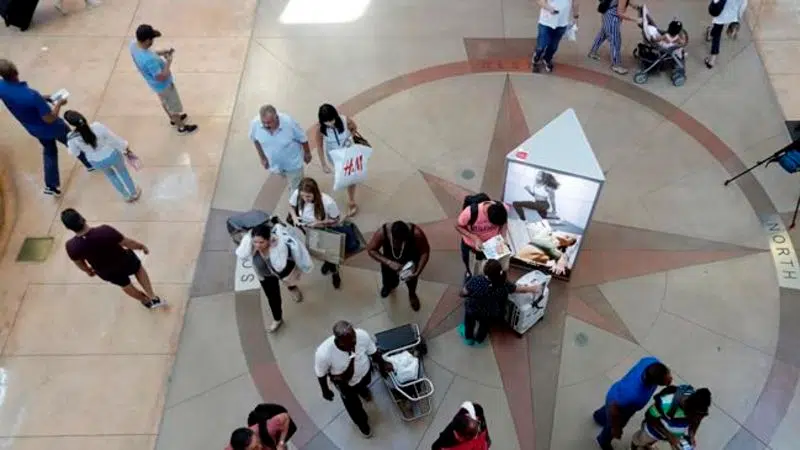
US consumers rattled by shutdown, roiling markets
WASHINGTON — U.S. consumer confidence tumbled this month to its lowest reading in a year and a half, tested by the partial government shutdown and roiling financial markets. Still, consumer spirits remain robust by historic standards.
The Conference Board, a business research group, said Tuesday that its consumer confidence index fell to 120.2 in January, down from 126.6 in December and the lowest level since July 2017.
The index measures consumers’ assessment of current economic conditions and their expectations for the next six months. Both declined in January. Consumers’ expectations for the future dropped to the lowest point since October 2016.

